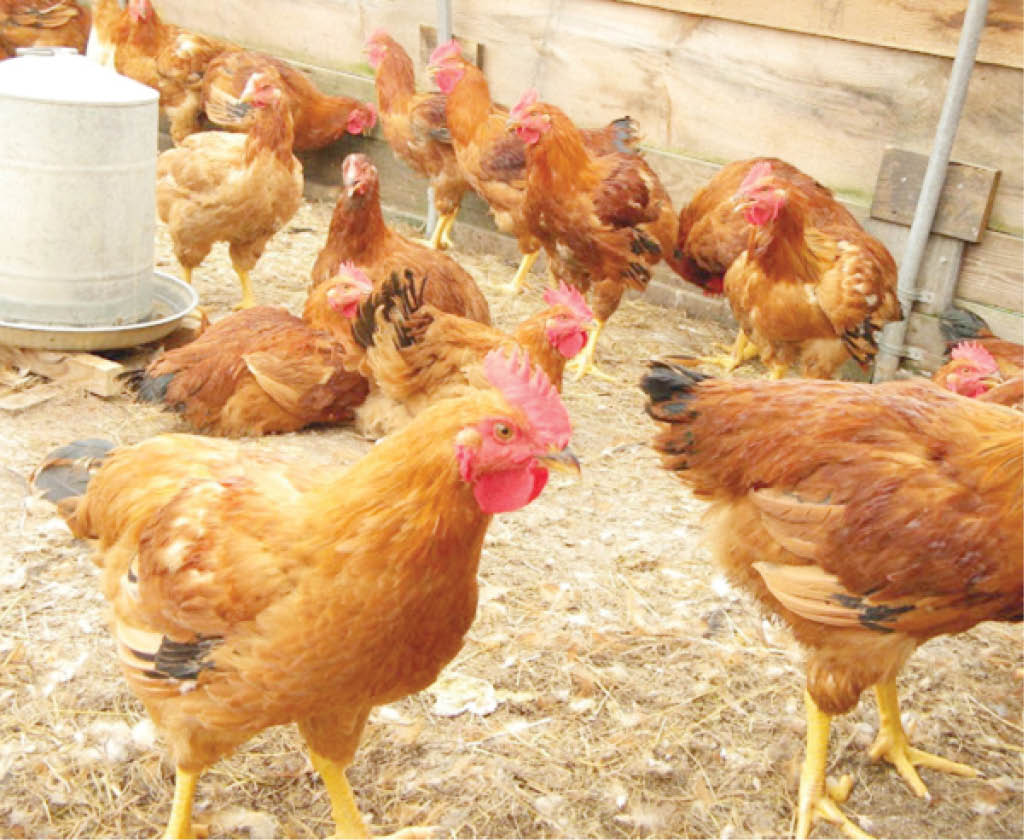Poultry farmers in the Federal Capital Territory have said that the ongoing cashless policy and scarcity of naira notes has further weakened the industry in Nigeria.
The farmers under the aegis of Poultry Association of Nigeria (PAN), FCT chapter, in a press statement yesterday signed by it Secretary, Musa Ovurevu Hakeem, said the cashless policy threatened the industry which is already suffering from several shocks.
“This is again another hard time for poultry farmers in the FCT and Nigeria at large. Poultry products such as meat and eggs have suffered low patronage as the final consumers cut down their consumption as a result of cash crunch thereby making it difficult for aggregators to make quick sales which resulted in egg glut experienced by the poultry farmers at the moment.
“We want to use the medium to appeal to governments at all levels to proffer a way of getting these poultry products from various farms so as to cushion the effect of the cash crunch. Farmers cannot afford to be buying feeds at this high cost and in the end lose money,” the statement reads in part.
Jos harmattan affects poultry operators, birds
Cashless policy: FG urged to pay workers, contractors with eNaira
While applauding the effort of its members for “their resolute and consistence in business in the face of difficulties,” it pleaded with them to get digital means of payment in line with the current cash policy.
In the last few years, the poultry farmers in the country have been going through difficult challenges as the cost of production hit the roof.
One farmer, a retired public servant, Ifeanyi Chukwu, summarized the situation thus: “No poultry farmer made any profit in the last two years.”
“The cost of input like maize and soybeans went high triggering an over 50 percent rise in the prices of feeds in the market – a situation that forced many farms to shut down. Now, the cashless policy, which fuels scarcity of Naira notes forces the demand for eggs down, resulting in glut.”

 Join Daily Trust WhatsApp Community For Quick Access To News and Happenings Around You.
Join Daily Trust WhatsApp Community For Quick Access To News and Happenings Around You.

